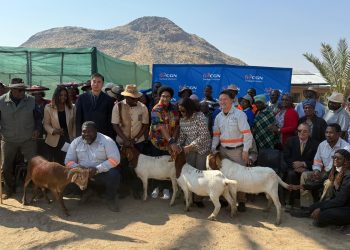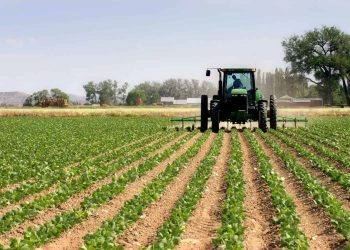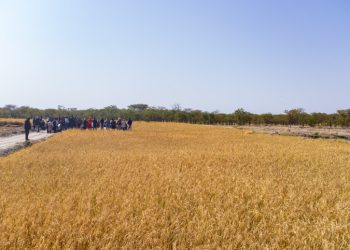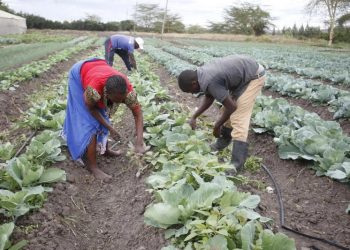
Rearing poultry for business can be an exciting and rewarding experience when done properly.
From the onset, one needs to conduct thorough market research in order to determine the vital information that can be used to establish a viable and profitable business. When poultry farming, a few small mistakes can be very costly, so it’s important to identify and control them.
The first mistake that farmers make in a poultry venture is overlooking buying feed in bulk and having it stored on- site at the farm over the entire production cycle. It is crucial for a farmer to create a budget for poultry feed by understanding the daily feed needs of the birds.
If someone chooses to start an egg production business, they should be aware that during the 12-month production cycle, there are 243 days of summer. During this time, layer hens need to consume 110 grams of feed per day per hen. During the winter months, there will be about 122 days of which the hens will need to be fed 130 grams per day. If one sets up an enterprise of 50 hens, it is essential to create a feeding plan that has feed available daily for the hens.
From January to April and September to December (Summer months), the 50 hens will utilize 5,500 grams (5.5 kg) daily and over the 243 days of summer, the hens will make use of 1,336,500 grams (1,336.5 kg) and with the feed packaged in 50 kg bags, a total of 27 bags will be utilized. At the current unit price of N$ 530.95, the total cost incurred by the business for the feed will amount to N$ 14,335.65.
During the winter months (May to the end of August), the 50 hens will be fed with 130 grams of layer mash per hen daily. Over the 122 days, 793,000 grams (793 kg) will be utilized by the hens. With feed being packaged in 50 kg bags, 16 bags in total will be needed. As the bags cost N$ 530.95 each, the farmer will incur a total cost of N$ 8,495.20. The farmer shall purchase a total of 341 bags of feed at a total cost of N$ 22,830.00.
Upon determining the above, the farmer can devise a procurement strategy to acquire 16 bags of feed, sufficient to last for four months. This approach will eliminate the need for regular feed expenses during that period, thereby enabling the business to reduce spending on feed and transportation, leading to a significant increase in profit margins.
The second mistake that farmers often make is not having a vaccination program for their birds. This can result in economic losses due to high mortality rates. Additionally, it’s common for this mistake to be associated with not having a designated sick bay (isolation house) where sick hens can be separated from the rest to prevent the spread of diseases. It is essential to have a sick bay house and a vaccination programme that utilizes remedies that prevent Newcastle Disease, Infectious Bronchitis, Infectious Bursal Disease (Gumboro) and Infectious Coryza. Additionally, farmers are encouraged to keep antibiotics such as SWA-Doxy-Mycin and DoxyMaxx 50% to curb poultry ailments.
The third common mistake made by poultry farmers is not implementing biosecurity measures in their enterprises. This mistake is the one that often leads to chickens being vulnerable to poultry diseases as it allows many people to have access to the poultry. By restricting access to the poultry through a fence and a thorough disinfecting station at the entrance of the operation, one eliminates the possibility of disease occurrence in the operation.
Avoiding these three common mistakes can be the first step for one to build a poultry enterprise that is profitable and not exposed to disease threats that can lead to economic losses that can hurt the sustainability of the enterprise.
*Hanks Saisai is Technical Advisor: Crops & Poultry at Agribank











